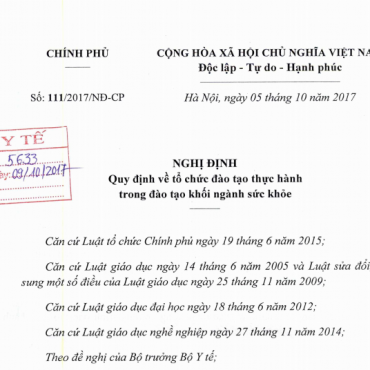|
JANUARY 15, 2021
| AFP’s COVID-19 Collection |
New topics include intimate partner violence during the COVID-19 pandemic, outpatient management of COVID-19, and long COVID. See the latest resources in the collection that is open-access and frequently updated.
|
|
|
|
Hip pain usually localizes anteriorly, laterally, or posteriorly. A focused history and physical examination can help differentiate the causes of hip pain, which is important for prescribing effective therapy. Imaging is sometimes needed for a definitive diagnosis.
|
|
|
Specific symptoms, rather than their perceived location, should guide the initial evaluation and imaging in patients with impaired swallowing. An understanding of the basic pathophysiology of swallowing and the etiologies and clinical presentations of dysphagia allows family physicians to distinguish between oropharyngeal and esophageal pathology, make informed management decisions, and collaborate appropriately with specialists.
|
|
|
|
ADVERTISEMENT

|
|
Avoiding admission to labor and delivery during the latent phase, assuming maternal/fetal status is reassuring, is recommended. Managing a protracted active stage includes oxytocin augmentation with or without amniotomy. Primary interventions for a protracted second stage include use of oxytocin and manual rotation from the occiput posterior fetal position. When contractions or pushing is inadequate, vacuum or forceps delivery may be needed. Effective measures for preventing dystocia and subsequent cesarean delivery include providing cervical ripening agents for induction in patients with an unfavorable cervix and walking or upright positioning during the first stage.
|






















